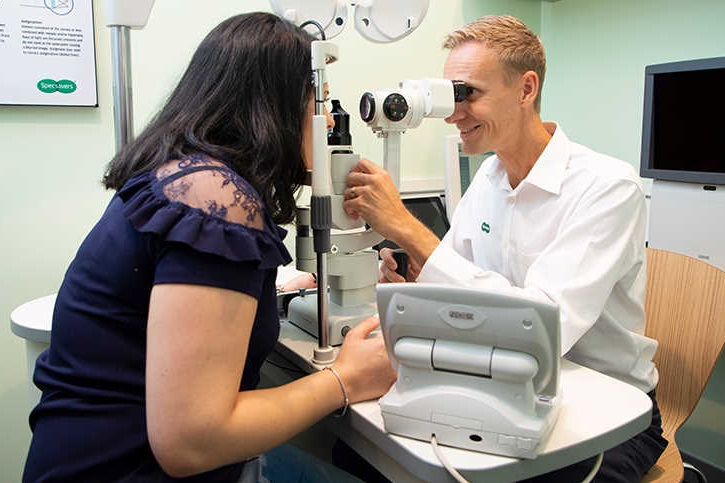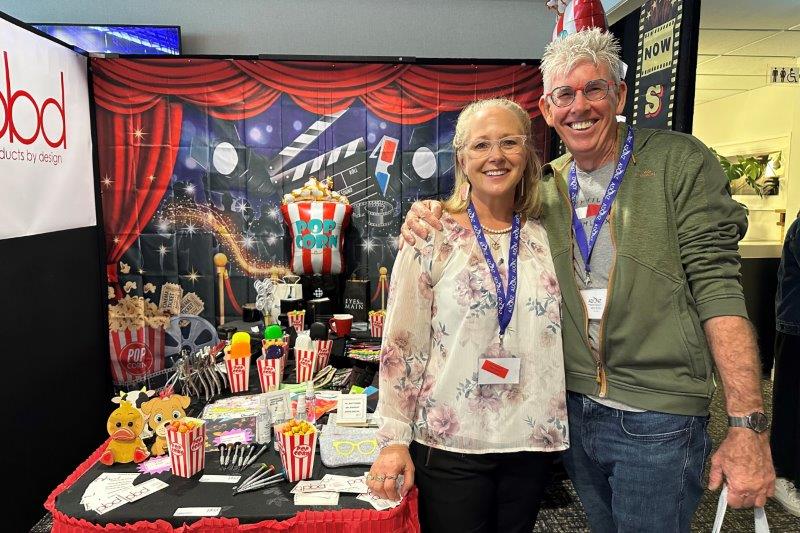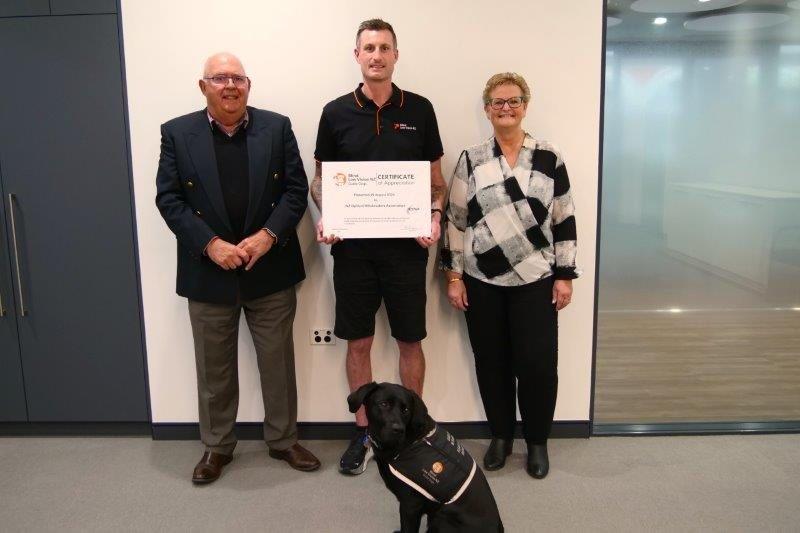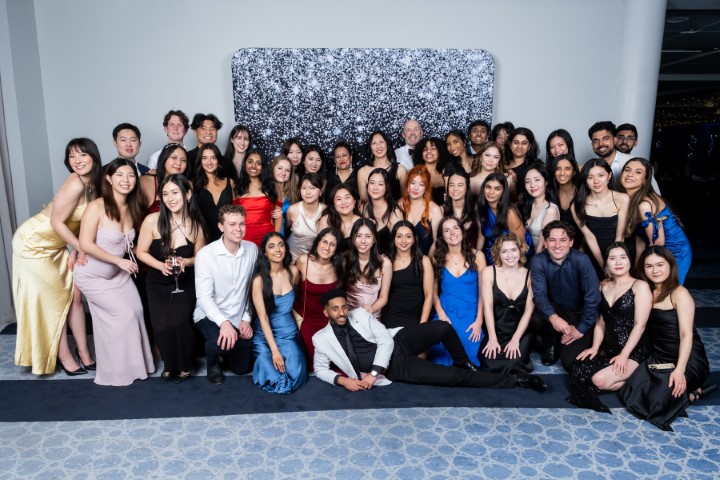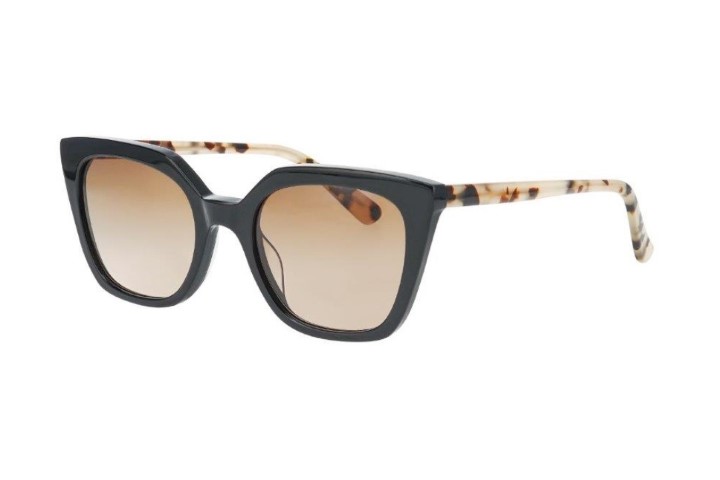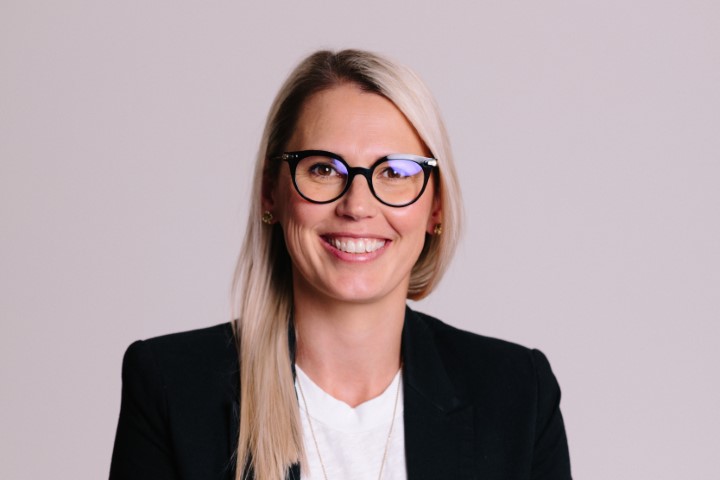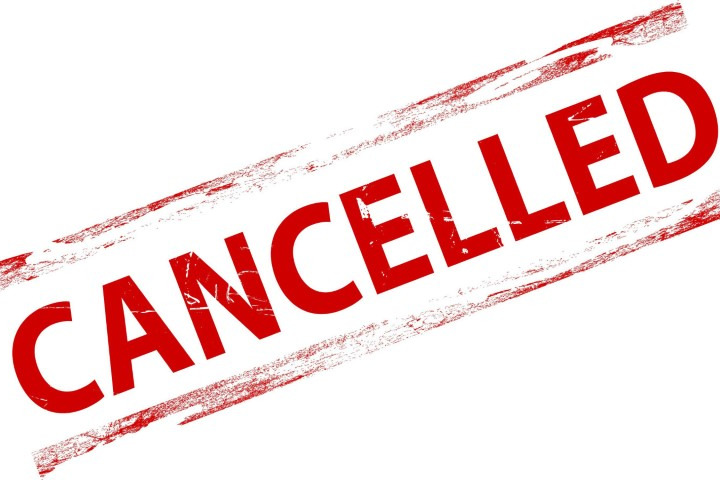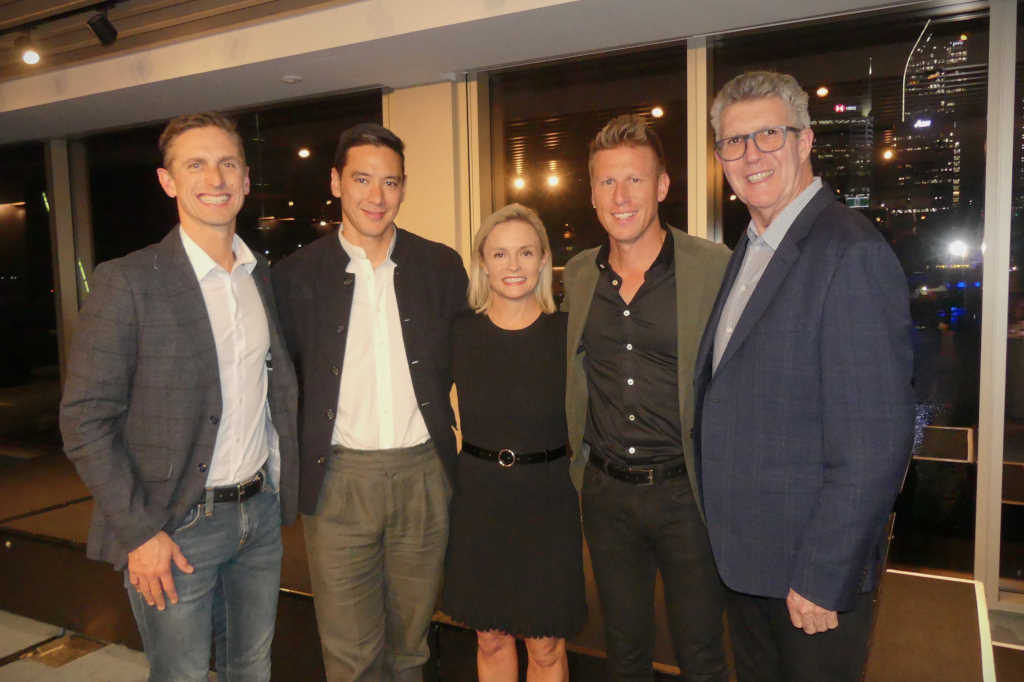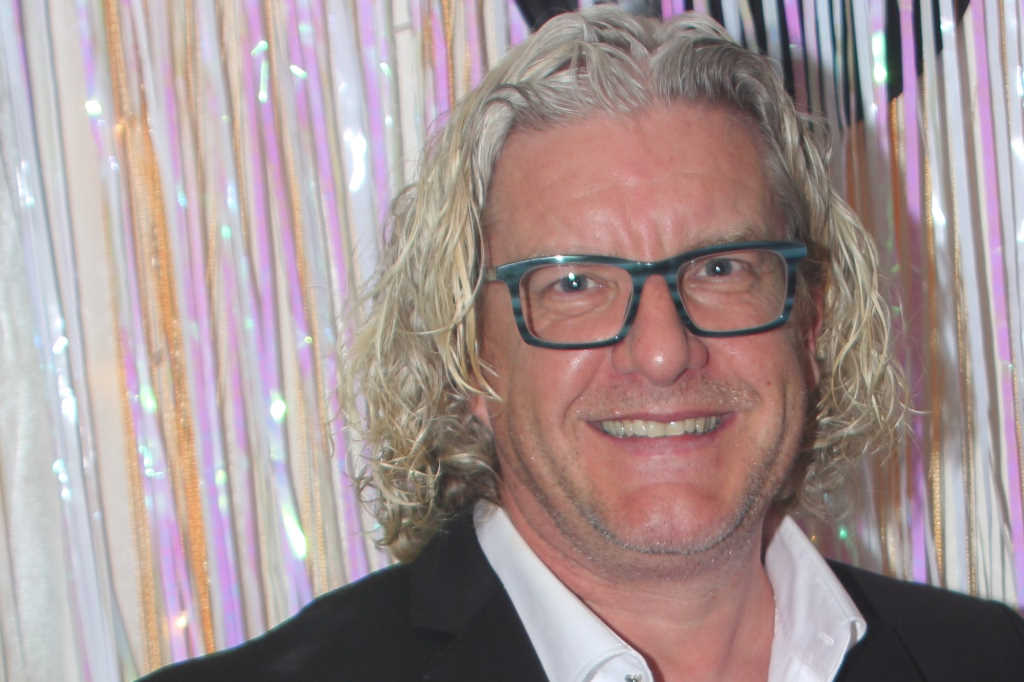Specsavers: revenue up, medal finalists revealed
Specsavers’ annual revenue in Australia edged close to a billion dollars as the company celebrated its 35th anniversary with a 6% increase in global revenue to £2.78 billion.
According to its 2018/19 annual review, the company’s 330 Australian stores generated A$987 million last year, while more than NZ$135 million was reported from New Zealand’s 52 stores.
Australasian managing director Nigel Parker said, “It has been a record-breaking year, with New Year’s Eve marking the biggest-ever trading day in Specsavers Australia’s history and weekly eye test volumes exceeding 10,000 in New Zealand for the first time. We also supplied our 30 millionth pair of glasses since opening our first store.”
Specsavers sold 21.6 million frames worldwide last year, over 530 million contact lenses and 400,000 hearing aids. Audiology services were introduced in 51 Australian stores and should be rolled out in New Zealand stores soon.
Doug Perkins Medal finalists
Contenders for the sought-after Doug Perkins Medal which recognises ‘consistently high standards of clinical excellence and patient care’ have been revealed. Specsavers Newmarket, Whanganui, Dunedin and Massey are among 16 finalists from across Australasia in the running for the medal.
The winner will be announced at the annual Specsavers Clinical Conference (SCC8). Held at the Melbourne Convention Centre from 7-9 September, SCC8 brings together eye health experts from around the world, and this year includes UK-based guest speaker Professor Peter Scanlon, director of the NHS Diabetic Eye Screening Programme.
She’ll be right! Or will she?
In separate news, a Specsavers consumer report has found 89% of New Zealand adults have experienced an eye health problem, yet only one in five (18%) sought medical help. Almost half the respondents (47%) said they would rather wait for the problem to fix itself.
Whanganui-based Specsavers optometrist Ian Russell said the research highlights the ‘she’ll be right’ culture, which can lead to serious eye problems not being detected until they are irreparable. Data showed Kiwis are more likely to seek help for eye infections or irritations within a week (69%), compared to vision problems (44%) and men were more likely to wait for an eye problem to fix itself (26%) than women (18%).








